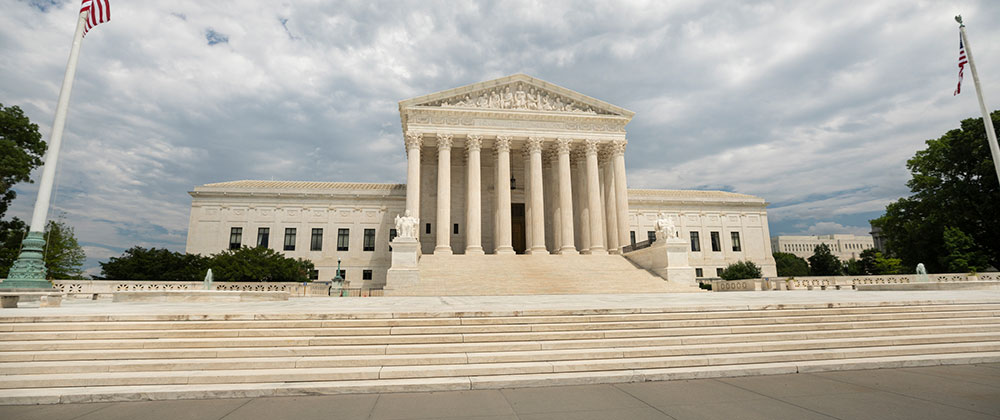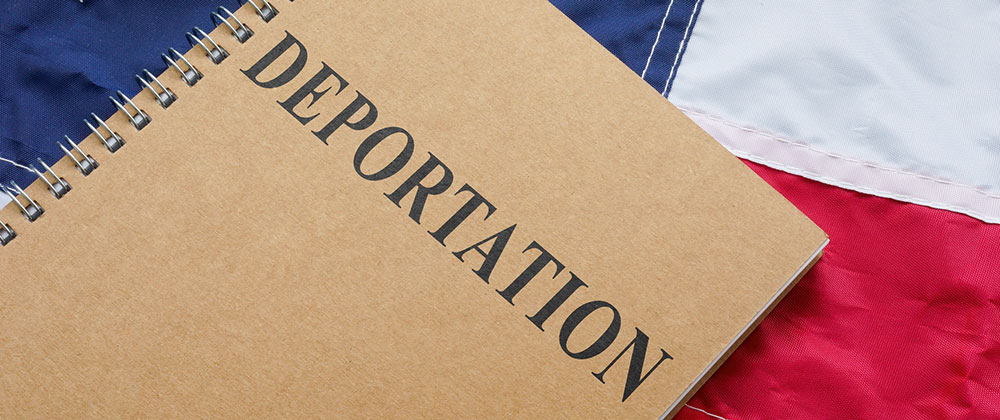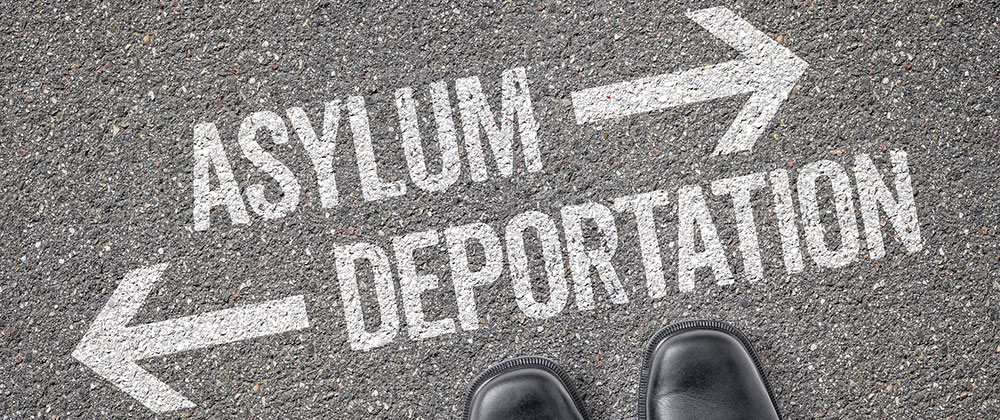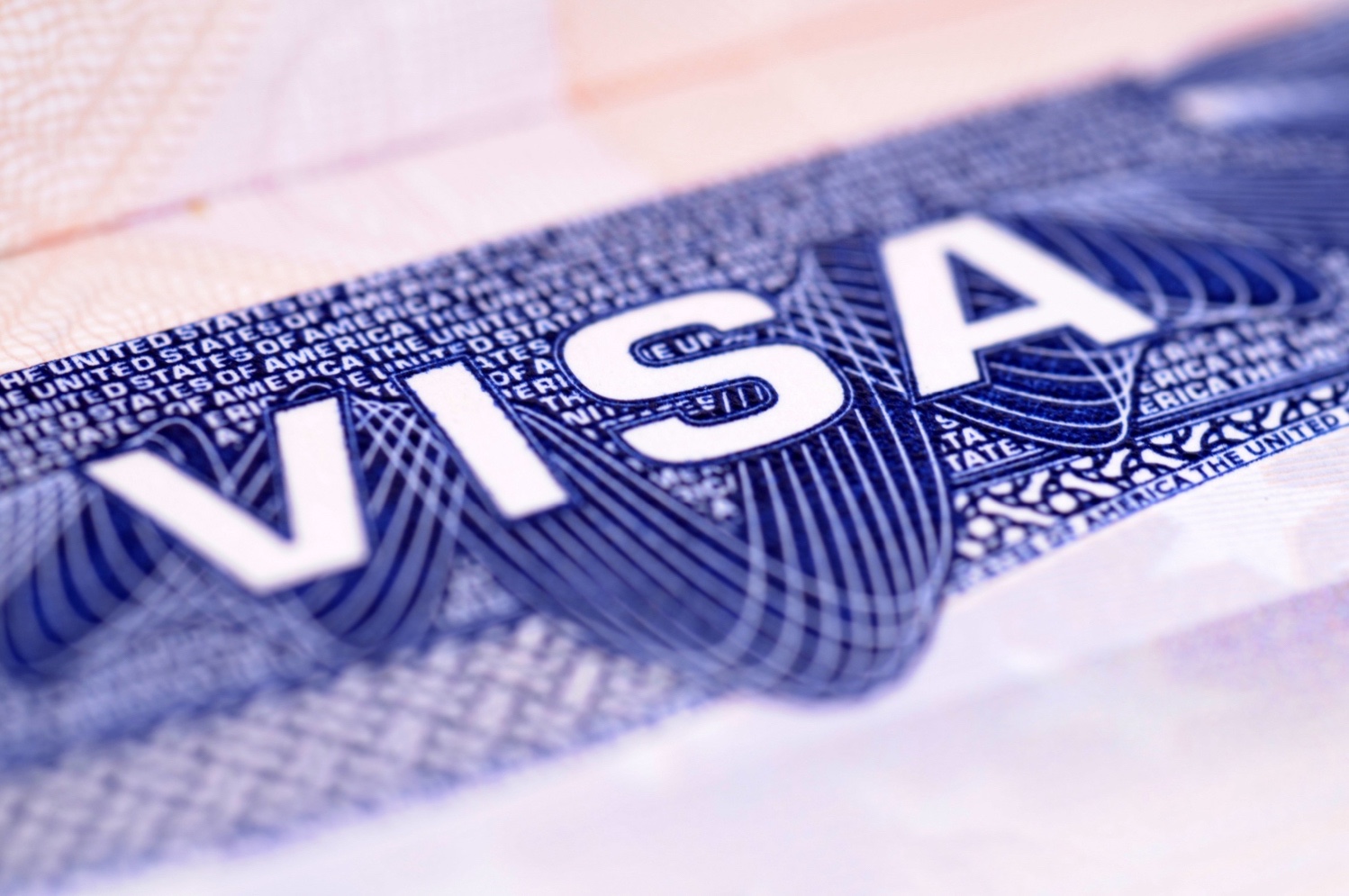Some New York immigrants are detained while they wait for their deportation cases to be heard by the immigration court. Since the immigration court system has a significant backlog of cases, many people wait for months or years for their cases to be heard. While some immigration judges grant bonds to detained immigrants who do not pose dangers to the community and aren’t flight risks, the U.S. Supreme Court recently issued a decision that bond hearings are not required for detained immigrants. The experienced attorneys at Oltarsh & Associates represent people dealing with immigration detentions and can help you understand your rights and what to expect.
Supreme Court Decision
On June 13, 2022, the U.S. Supreme Court issued its decision in Johnson v. Arteaga- Martinez, No. 19-896 (S.Ct. June 13, 2022) to decide whether immigration courts are required by statute to provide bond hearings when an immigrant has been detained for lengthy periods while waiting for a hearing date. The case involved a man from Mexico who had been previously removed from the U.S. in 2012 but had returned as an undocumented immigrant. The man was arrested by Immigration and Customs Enforcement (ICE) in 2018. Following his arrest, his previous removal order was reinstated by ICE, and he was detained under the agency’s authority provided by the Immigration and Nationality Act (INA).
Following his arrest and detention, the man filed for withholding of removal and requested asylum based on his fear of harm from gangs in Mexico if he were to be returned to his home country. An asylum officer found that he had a credible fear of harm, and he was referred to the immigration court for a hearing on his withholding of removal petition.
After the man had been in detention for four months, he filed a writ of Habeas Corpus and petitioned the court for a bond hearing based on constitutional and statutory grounds. He argued that he should be entitled to bond because he wasn’t a flight risk and posed no danger to the community. The government agreed that he would be entitled to a bond hearing after six months had passed. The District Court ordered the immigration court to provide the man with a bond hearing, and an immigration judge ordered the man to be released. The government appealed, arguing that the language in the statute did not provide the right to a bond hearing for detained immigrants. The U.S. Court of Appeals for the Third Circuit affirmed the District Court’s decision and found that immigrants who were detained have a right to a bond hearing after six months in detention.
The U.S. Supreme Court granted the government’s writ of certiorari. After hearing arguments, the court issued a ruling with eight justices in favor and Justice Breyer in partial dissent. Justice Thomas wrote a concurring opinion.
In the decision written by Justice Sotomayor, the court held that nothing in the INA requires the immigration courts to provide bond hearings to immigrants. The court did not consider whether extended immigration detentions were constitutional, however. In the decision, Justice Sotomayor indicated that immigration judges can provide bond hearings if they choose, but they are not required to provide them by statute.
In the 2001 decision of Zadvydas v. Davis, 533 U.S. 678 (2001), the Supreme Court held that immigrants could not be detained indefinitely in situations in which no country was willing to accept them. Writing for the 5-4 majority, Justice Breyer stated that immigrants must be released if deportation and removable is not likely in the foreseeable future. In his concurring opinion in the Arteaga-Martinez case, Justice Thomas called for Zadvydas to be overturned.
Get Help from a New York Immigration Lawyer
The Supreme Court’s recent decision does not mean that a detained immigrant cannot get a bond. However, it does mean that detained immigrants are not entitled to bond hearings. The experienced New York immigration lawyers at Oltarsh & Associates can help petition the immigration court to grant bond hearings when immigrants have been detained for unreasonably long periods and do not pose any risk to the public. Contact us today to request a consultation by calling (212) 944-9420.




